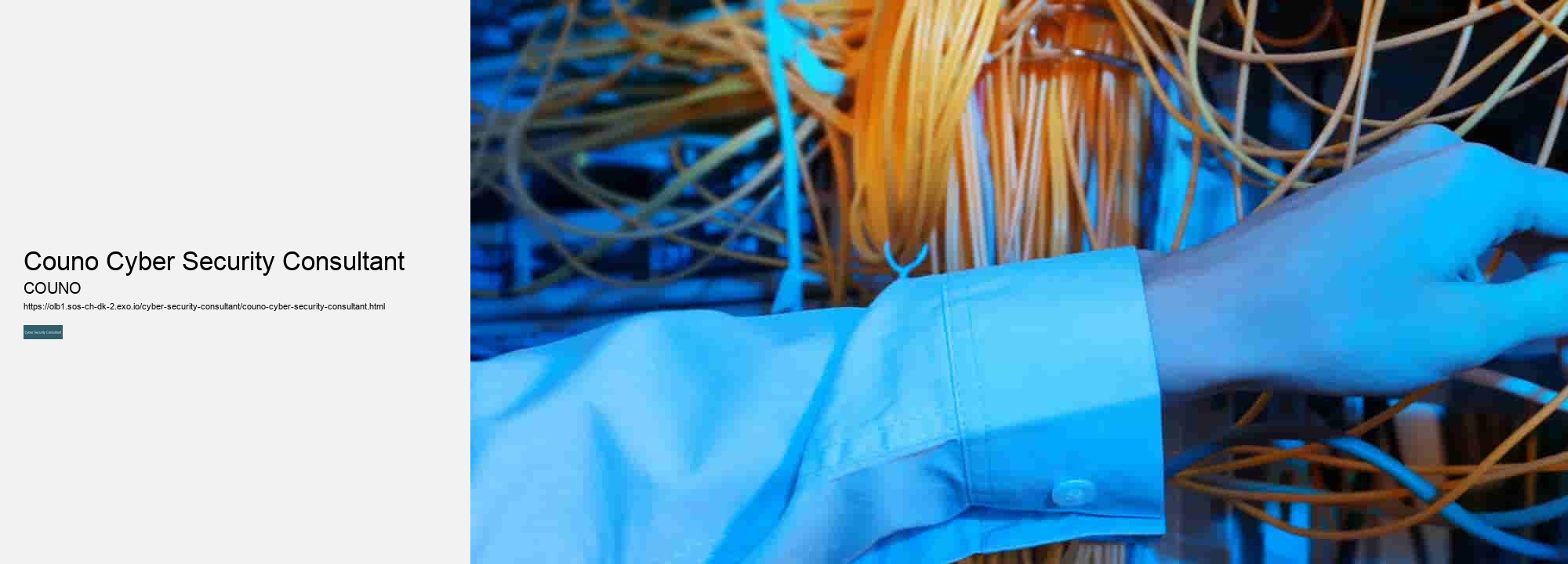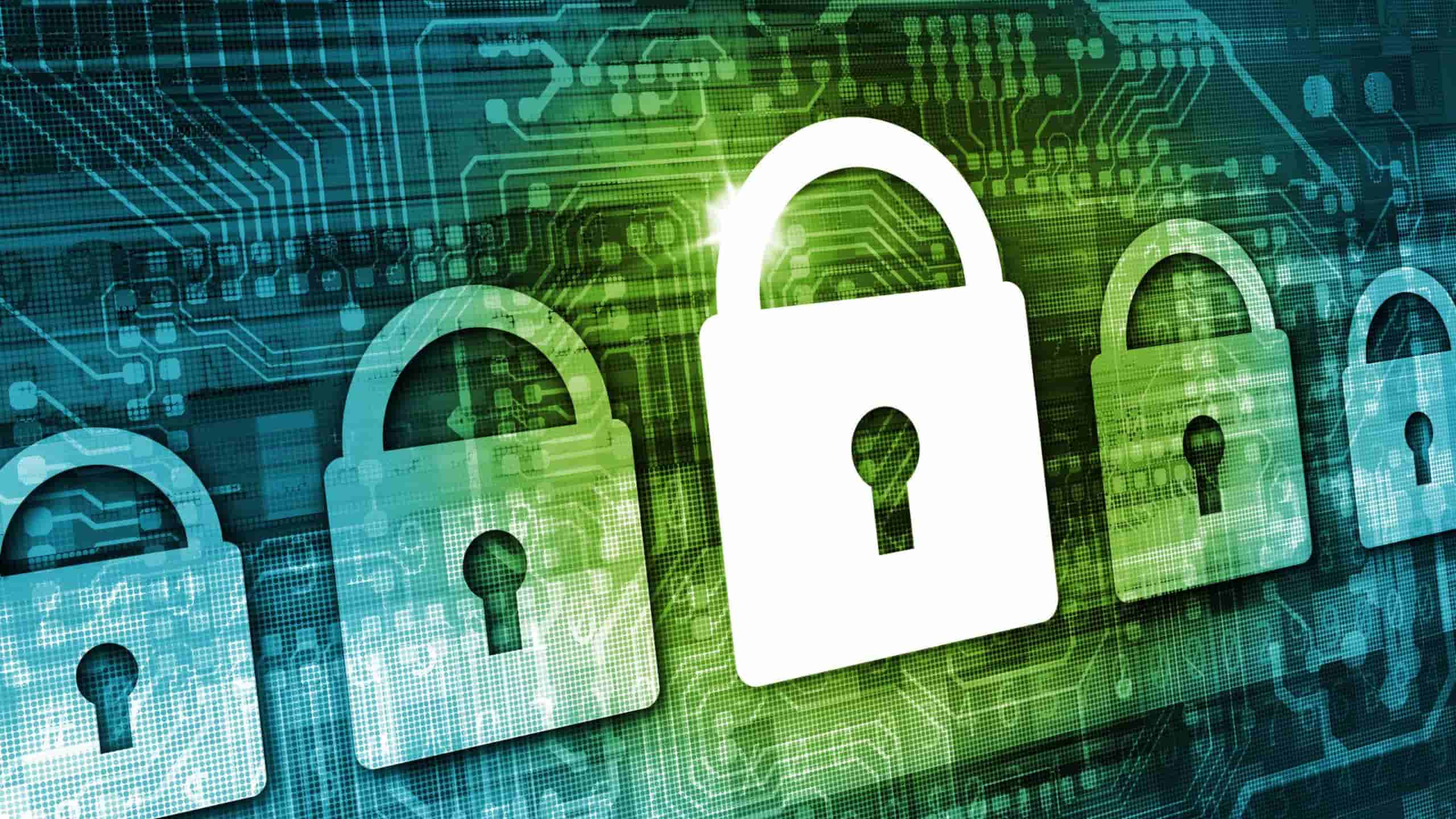

While still in its early stages, quantum computers have the potential to revolutionize encryption methods and make current hacking techniques obsolete. This could provide a significant boost to overall cybersecurity efforts. Additionally, there is a growing emphasis on improving collaboration between government agencies, private companies, and academic institutions. By sharing information and resources, these groups can work together to develop more effective strategies for combating cyber threats. Despite these positive developments, it's important to remember that the threat landscape will continue to evolve as well. Cyber criminals are becoming increasingly sophisticated in their tactics, making it essential for organizations to remain vigilant and proactive in their approach to cybersecurity.
By embracing new technologies and collaborating with others in the industry, we can continue to strengthen our defenses against cyber threats and protect our valuable data now and into the future. How to protect your personal information onlineIn today's digital age, protecting your personal information online is more important than ever. With cyber threats constantly evolving and hackers becoming more sophisticated, it is crucial to take steps to safeguard your sensitive data. One of the first things you can do to protect your personal information online is to create strong, unique passwords for all of your accounts. Avoid using easily guessable passwords such as "password123" or "123456", and instead opt for a combination of letters, numbers, and special characters.
Another way to protect your personal information online is to be cautious about the information you share on social media and other websites. Be mindful of what you post online, as even seemingly harmless details such as your birthday or hometown can be used by cyber criminals to steal your identity. Furthermore, be wary of phishing scams that attempt to trick you into revealing sensitive information such as login credentials or financial data. Always double-check the legitimacy of emails and websites before clicking on any links or providing any personal information. Utilizing two-factor authentication (2FA) can also add an extra layer of security to your online accounts.
This feature requires you to provide a second form of verification in addition to your password, such as a code sent to your phone or email address. Lastly, consider using a virtual private network (VPN) when connecting to public Wi-Fi networks. A VPN encrypts your internet connection, making it harder for hackers to intercept your data while browsing the web on unsecured networks. By following these tips and staying vigilant, you can help protect your personal information online from falling into the wrong hands.
How to create a strong password for better cyber securityIn today's digital age, cyber security is more important than ever. With the increasing number of cyber attacks and data breaches, it has become crucial to protect our online accounts with strong passwords. A strong password can help prevent unauthorized access to your personal information and keep your data safe from hackers.
The first step is to avoid using easily guessable passwords such as "password" or "123456". Instead, opt for a combination of letters (both uppercase and lowercase), numbers, and special characters. This will make your password harder to crack using automated tools.
Another tip is to use a passphrase instead of a single word. A passphrase is a series of words or a sentence that is easy for you to remember but difficult for others to guess. For example, you could create a passphrase like "Ilovecybersecurity2021! " which combines your love for cybersecurity with the current year.
If one account gets compromised, all of your other accounts with the same password could be at risk. Instead, create unique passwords for each account and consider using a password manager to securely store them. Lastly, don't forget to regularly update your passwords.

It's recommended to change your passwords every few months or after any security incidents that may have exposed your information. By following these simple tips, you can create strong passwords that will enhance your cyber security and protect your sensitive data from potential threats. Remember, investing in good password practices now can save you from a lot of trouble in the future. Stay safe online! How to identify and avoid phishing scamsPhishing scams have become increasingly prevalent in today's digital world, targeting unsuspecting individuals and organizations with the aim of stealing sensitive information such as passwords, credit card numbers, and personal details. These fraudulent schemes often masquerade as legitimate communications from trusted entities like banks, government agencies, or popular websites, making it difficult for recipients to discern their true nature.
One common red flag is poor grammar and spelling errors in the communication, indicative of a scammer's lack of attention to detail. Another warning sign is the presence of suspicious links or attachments that could lead to malicious websites or malware downloads. Furthermore, phishing emails often create a sense of urgency or fear in order to prompt immediate action from the recipient. They may claim that your account has been compromised or that you need to verify your information urgently to avoid consequences. Be wary of any communication that pressures you into divulging personal information without giving you time to verify its authenticity.
To avoid falling prey to phishing scams, it is important to exercise caution when interacting with unsolicited messages or requests for sensitive information. If you receive an email asking for login credentials or financial details, always double-check the sender's email address and contact the organization directly through their official website or customer service hotline to confirm the request. Additionally, never click on links or download attachments from unknown sources, as they may contain malware designed to steal your information. Instead, hover over hyperlinks in emails to see the actual URL they lead to before clicking on them. When in doubt, err on the side of caution and refrain from sharing any personal data until you can verify the legitimacy of the communication. By staying vigilant and practicing good cybersecurity habits, you can protect yourself from falling victim to phishing scams and safeguard your sensitive information online.
Trust your instincts and rely on verified channels when dealing with requests for personal information – your security is worth more than any potential inconvenience caused by being cautious. How to secure your home network from cyber attacksSecuring your home network from cyber attacks is more important now than ever before. With the rise of smart devices and the increasing amount of personal information stored online, it is crucial to take steps to protect your network from potential threats. One of the first things you can do to secure your home network is to set up a strong password for your Wi-Fi router. Avoid using common passwords like "password" or "123456" and instead opt for a combination of letters, numbers, and special characters.

This will make it harder for hackers to gain access to your network. Another important step is to keep your router's firmware up to date. Manufacturers often release updates that contain security patches to address vulnerabilities in the system. By regularly updating your router's firmware, you can help prevent cyber attacks. It's also a good idea to enable encryption on your Wi-Fi network. WPA2 encryption is currently considered the most secure option available.
In addition, consider setting up a guest network for visitors who need internet access. This will allow them to connect without compromising the security of your main network. Finally, be cautious when clicking on links or downloading attachments from unknown sources. Phishing emails are a common tactic used by cyber criminals to trick users into revealing sensitive information or installing malware on their devices. By taking these simple steps, you can significantly reduce the risk of a cyber attack on your home network.
Remember, protecting your digital assets is just as important as securing physical belongings in today's interconnected world. How to keep your devices updated for improved securityIn today's fast-paced digital age, it is more important than ever to ensure that our devices are kept updated for improved security. With cyber threats constantly evolving and becoming more sophisticated, it is crucial to stay one step ahead by regularly updating our devices. Updating your devices, whether it be your smartphone, laptop, tablet, or any other electronic device, can help protect you from potential security vulnerabilities. Software updates often include patches that fix known security issues and vulnerabilities that could be exploited by hackers. By keeping your devices updated, you can ensure that you have the latest security measures in place to protect your personal information and data.
However, most devices have automatic update settings that can be easily enabled to ensure that your device stays up-to-date without requiring much effort on your part. Additionally, many manufacturers provide clear instructions on how to manually check for updates if needed. By taking the time to keep your devices updated, you are not only protecting yourself but also helping to create a safer online environment for everyone. Cyber attacks can have serious consequences, ranging from identity theft and financial loss to compromising sensitive information. By staying proactive and ensuring that your devices are always running the latest software version, you are significantly reducing the risk of falling victim to these malicious attacks.

Industries such as finance, healthcare, retail, and government benefit greatly due to the high sensitivity of the data they handle.
A Cyber Security Consultant assesses an organization's security measures, identifies vulnerabilities, and recommends solutions to protect against cyber threats.
Consultants ensure that the organization adheres to regulations such as GDPR, HIPAA, and PCI-DSS by conducting compliance audits and recommending necessary changes.